Elections in the subcontinent often have a ‘nothing to see here’ feeling, mainly because, through a heritage of colonial rule, dynastic families and modern electioneering, election results are seldom a surprise to anyone.
Sri Lanka’s recent election was like this with few surprising – to western observers, anyway — turns: newly-elected President Gotabaya Rajapaksa was handed back his confiscated passport and all corruption charges against him were, under constitutional law that no legal proceedings could be taken against a serving president.
Rajapaksa had been indicted last September on charges of diverting funds – some 33 million rupees, about $270,000 — from the national accounts, to fund a memorial for his parents. And so, passport restored, he will this week visit India to meet Prime Minister Modi — after he has sworn in his brother Mahinda Rajapaksa, the former president, as prime minister.
The new president was credited as commander-in-chief of the armed forces with ending the ‘Eelam War’ with the Tamil Tigers who were finally cornered in their last northern retreat.
India has always kept tabs on what goes on in Sri Lanka; the Indians learned the lesson of attempting to meddle in the island’s politics after the unsuccessful ‘Indian Peace Keeping Force’ in Jaffna, which, according to observers, was mostly force and not much peacekeeping.
An Indian diplomat, who observed the Eelam war, gifted your correspondent with the Rajapaksa rules on how to conduct a military operation, devised by the then-army chief Gotabaya Rajapaksa. They were:
Political will; Go to hell (ignore domestic and international criticism) – but keep important neighbours –like India- in the loop; No negotiations; Control the media; No ceasefire; Complete operational freedom; Lastly, promote young, able commanders.
Of course there were problems with this formula. The island risked becoming an international pariah, losing goodwill and aid assistance of international organisations and aid-donor countries that considered this to be authoritarian and lacking humanitarian elements.
Yet the island was tired of war – a local poet in Kandy, the ancient seat of the last kings of Lanka, penned sad verse about the many times she had to open her almariyah (cupboard) for her white sari to wear to the funeral of yet another young soldier from the district. We know in Australia what it meant for asylum seekers numbers. Yet for his military success, Gotabaya Rajapaksa was hailed as a hero by the majority Sinhalese-Buddhist population.
One of the items for discussion on the agenda in his meeting with Prime Minister Modi may well be the troublesome issue of the sale – more money changing hands — of the port and littoral of Hambantota in the south, an area, coincidentally, part of the Rajapaksa fiefdom, to the Chinese government, as part of the Belt and Road program.
No doubt Canberra, given the Indian-Chinese rivalry that has, from time to time in the not too distant past, turned into an exchange of fire, will want to stay abreast of what is said.
Got something to add? Join the discussion and comment below.
Got something to add? Join the discussion and comment below.
Get 10 issues for just $10
Subscribe to The Spectator Australia today for the next 10 magazine issues, plus full online access, for just $10.

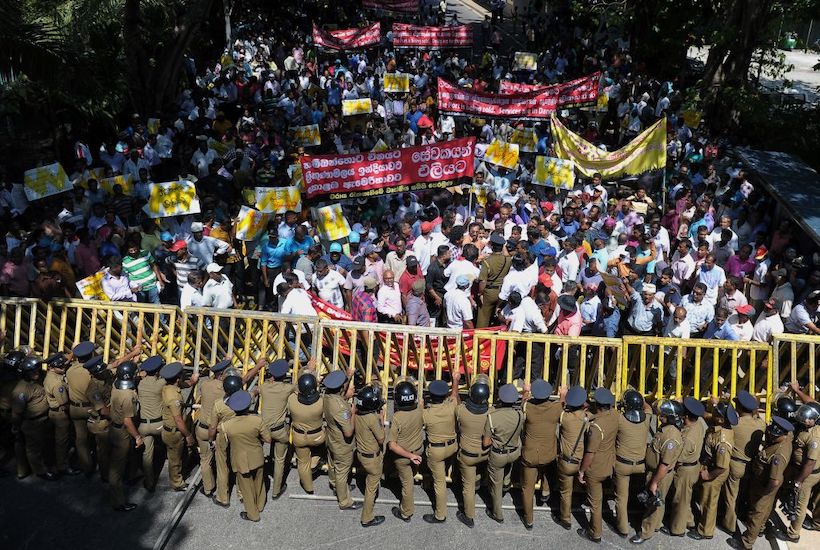
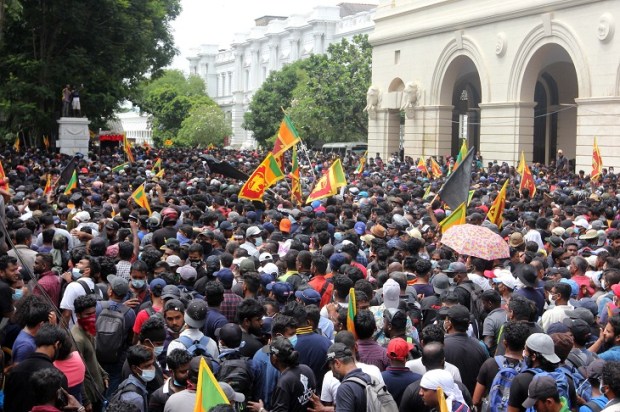
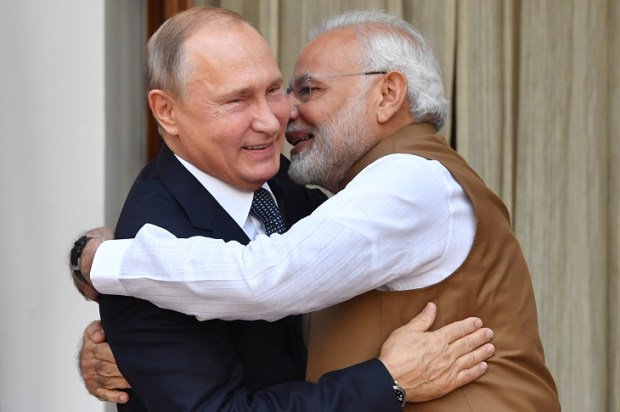
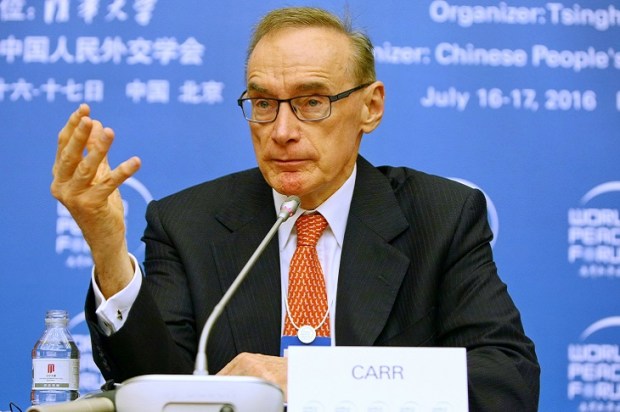














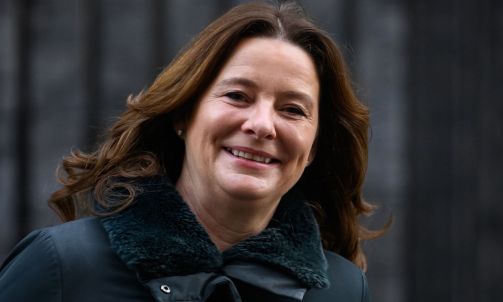






Comments
Don't miss out
Join the conversation with other Spectator Australia readers. Subscribe to leave a comment.
SUBSCRIBEAlready a subscriber? Log in